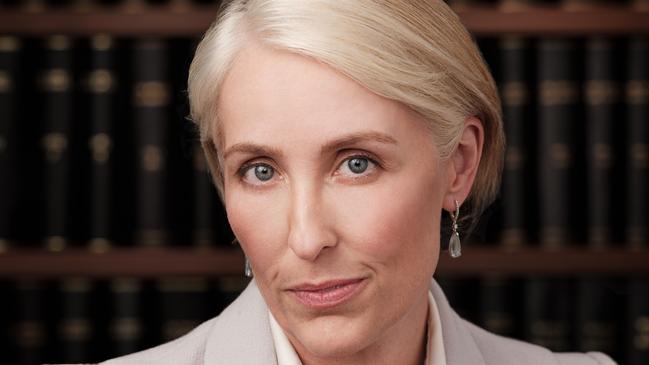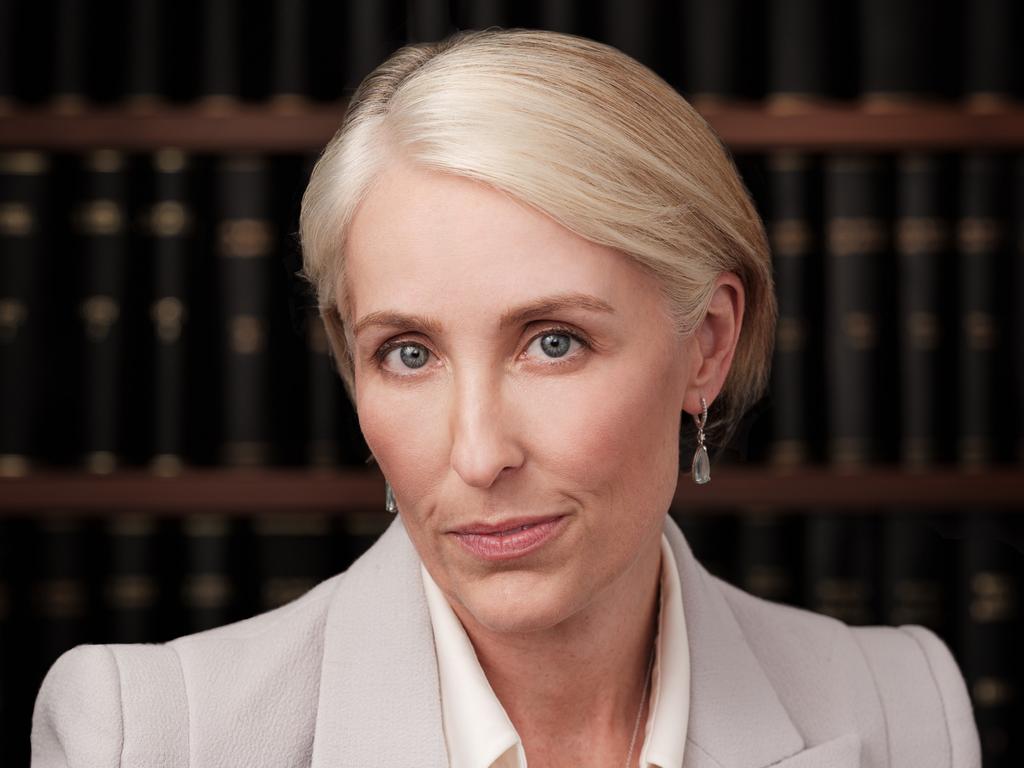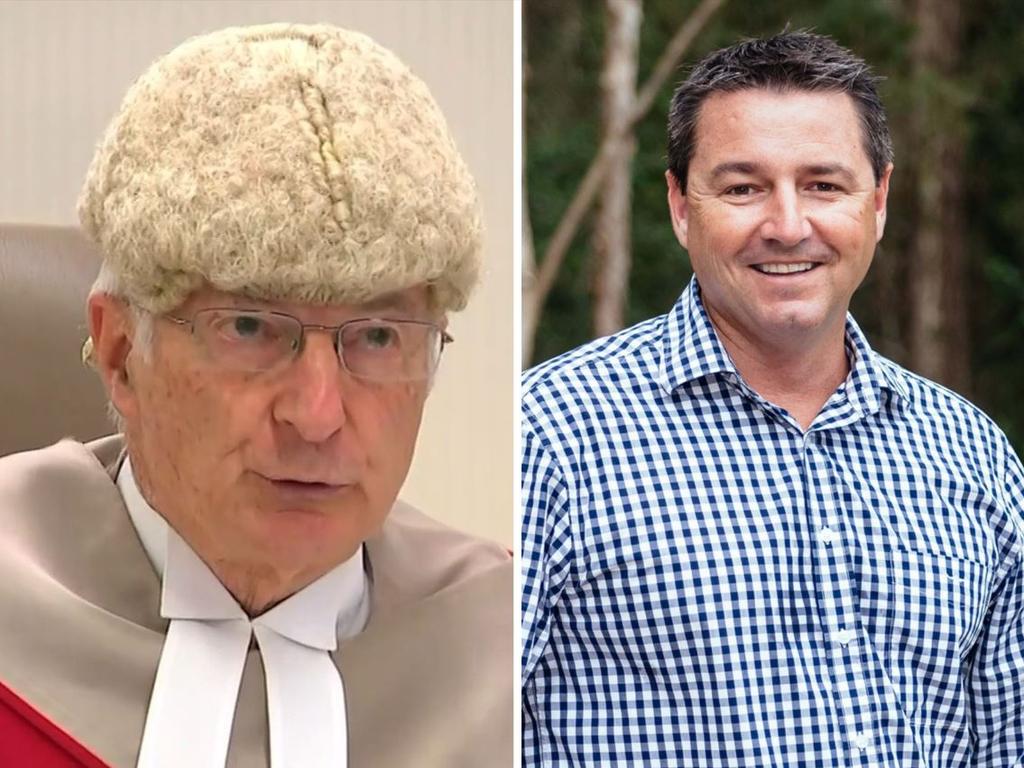NSW DPP Sally Dowling has fired back at District Court judge in extraordinary stoush over rape cases
A stoush over sexual consent and rape prosecutions has broken out in NSW after the DPP signed off on an extraordinary statement accusing a judge of issuing reckless comments.

A stoush over sexual consent and rape prosecutions has broken out in NSW after the state’s Director of Public Prosecutions, Sally Dowling SC, signed off on a statement accusing a judge of issuing reckless comments that threaten to undermine public confidence in the justice system.
Ms Dowling’s office hit back at District Court judge Robert Newlinds after the Office of the DPP was heavily criticised over a rape prosecution that he branded a miscarriage of justice that unnecessarily landed a young man in jail for eight months.
The judge had registered in a court judgment his “deep level of concern” that the ODPP was taking a “lazy and perhaps politically expedient” approach to rape cases, failing to rationally interrogate complainants’ allegations and sometimes putting hopeless cases before juries.
“I do wish to record that I am left with a deep level of concern that there is some sort of unwritten policy or expectation in place in the Office of the Director of Public Prosecutions of this state to the effect that if any person alleges that they have been the subject of some sort of sexual assault then that case is prosecuted without a sensible and rational interrogation of that complainant so as to at least be satisfied that they have a reasonable basis for making that allegation,” Judge Newlinds wrote.
The comments were issued in a judgment granting a costs certificate following a trial in which the accused was found not guilty after one hour of deliberation by a jury, with the trial presented with clear evidence that the sex he had with the alleged victim was consensual.
The woman had alleged the man sexually assaulted her because she was so drunk she had a blackout and could not remember the events, despite the evidence indicating she had initiated sex and had “enthusiastically participated” in four occasions of intercourse.
The woman believed that because she could not remember the events, despite presenting as rational and functional at the time, she could not have consented. The DPP prosecuted the case on that basis, to heavy criticism from the judge who said the case should never had gone to trial.

“I think the prosecution took the lazy and perhaps politically expedient course of identifying that the complainant alleged she had been sexually assaulted and without properly considering the question of whether there was any evidence to support that allegation, and just prosecuted so as to let the jury decide,” Judge Newlinds said in the costs judgment.
Ms Dowling approved a strongly worded statement in response to the criticism that is raising eyebrows at the criminal bar.
“The director intends to make a complaint to the Judicial Commission concerning the judgment delivered by Judge Newlinds in this matter,” the ODPP statement said.
“The ODPP unequivocally rejects any suggestion that it makes prosecution decisions lazily or on the basis of political expedience, or that it operates according to ‘some sort of unwritten policy’, as the judge has speculated.
“Such remarks unfairly impugn the integrity of the Director of Public Prosecutions and the staff of the ODPP.
“Comments which fail to meet the minimum standards of temperance and impartiality expected of judicial officers have the capacity to undermine public confidence in the administration of justice.
“It is well known that prosecuting matters involving heavily intoxicated complainants involves complex issues of fact and law.
“In circumstances where the accused, in their police interview, acknowledged the complainant’s level of intoxication and the impact this had on her capacity to consent, there was a factual issue in this matter to be put before a jury.
“Further, three separate accused have pleaded guilty to sexual offences in relation to the complainant.”
Judge Newlinds had been heavily critical of the fact that evidence relating to several other criminal matters in which the complainant had accused other men of sexual assault could not be put before a jury because of section 294CB of the Evidence Act in NSW, which he said required urgent law reform.






To join the conversation, please log in. Don't have an account? Register
Join the conversation, you are commenting as Logout